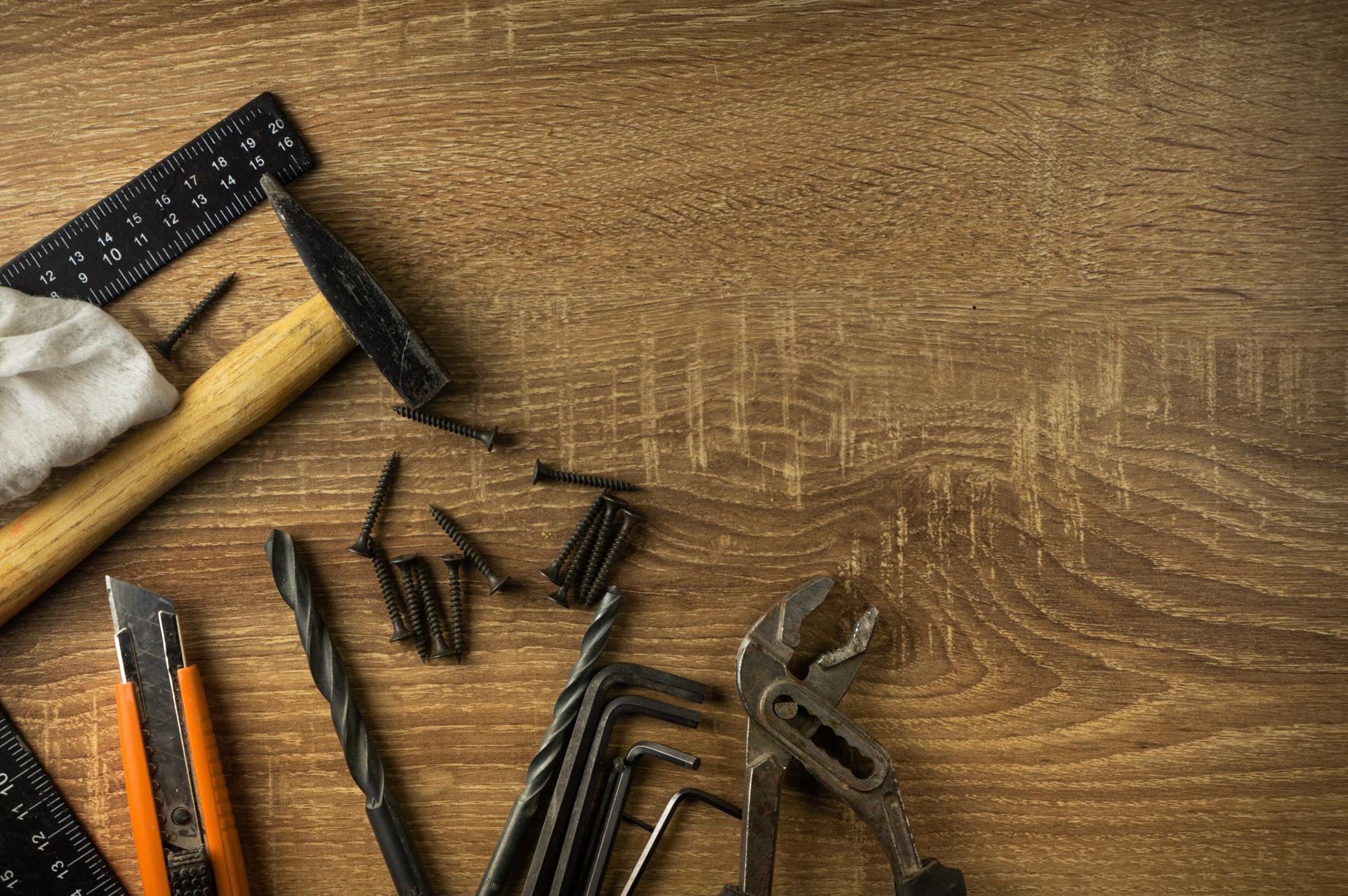Stop Spending Money on Plumbers! Do-it-yourself Address Your Home's Plumbing Issues

The plumbing system is an essential component of every home. If they are not maintained properly, they can become the source of numerous problems that can lead to frustration and costly repairs.
There are numerous benefits to learning how to resolve minor plumbing issues yourself, including saving money as well as developing important skills. The following article we will discuss common plumbing issues and DIY techniques to fix them.
Common Plumbing Issues
Dripping Faucets
Dripping faucets aren’t only frustrating, but they also consume a substantial amount of water over the course of time. The most typical cause of the faucet to drip is a worn-out washer or O-ring. To remedy this problem shut off water to your faucet. Then, take out the handle, and replace the damaged washer or O-ring.
Running Toilets
A running toilet is another common plumbing issue that could result in a significant loss of water. The most frequent cause is a faulty flapper valve that’s not sealing properly, allowing water escape from the tank and into the bowl. To resolve this issue, turn off water to your toilet. Then, take off the lid from the tank, and adjust or replace the flapper valve.
Clogged Drains
Drains that are clogged can be caused by many things like soap, hair, and food particles. To get rid of this problem it is possible to use a plunger or a drain snake to eliminate the clog. You can also make a mix of baking soda and vinegar to break up the blockage.
Low Water Pressure
Low water pressure is often caused by a number of causes, including mineral buildup in pipes or a malfunctioning pressure regulator. To resolve this issue try cleaning the aerator or replacing pressure regulator.
Tools Needed for DIY Plumbing
To perform DIY plumbing, you’ll require some basic tools, such as the plunger, an adjustable wrench pipe wrench Teflon tape, and a screwdriver. Having these tools on hand can make it much easier to solve minor plumbing problems.
Safety Tips for DIY Plumbing
Safety must always be top of mind when performing any plumbing work that you do yourself. Some tips for safety to remember include shutting off the water supply before starting any repairs, wearing safety glasses and gloves as well as keeping a first-aid kit nearby in case in the event of an emergency.
DIY Plumbing Techniques
For fixing common plumbing problems, you will need to know a few DIY plumbing tips, like how to turn off your water source and how to fix a leaky faucet and how to fix a running toilet, how to unclog the drain, and how to increase water pressure. These techniques can save you time and money on small plumbing repairs.
Conclusion
In the end, knowing how to fix small plumbing issues yourself can be beneficial in various ways. Not only can it cost you less money, but it could also give you a sense of accomplishment and valuable skills. However, for more significant plumbing issues, it’s always best to call a professional plumber.
FAQ
Can I fix a plumbing problem myself?
Yes, you can fix minor plumbing issues yourself by learning basic plumbing skills.
Which are the top common plumbing issues?
The most frequently encountered plumbing problems are leaky taps and toilets that run clogged drains, and low water pressure.
What tools will I require for DIY plumbing?
You’ll need some important tools, such as an adjustable wrench, a plunger pipe wrench Teflon tape and an screwdriver.
Is DIY plumbing safe?
DIY plumbing is safe if you follow safety guidelines and take proper steps.
When should I contact an experienced plumber?
It is recommended to contact a professional plumber for plumbing problems of a serious nature that require special equipment and experience.
